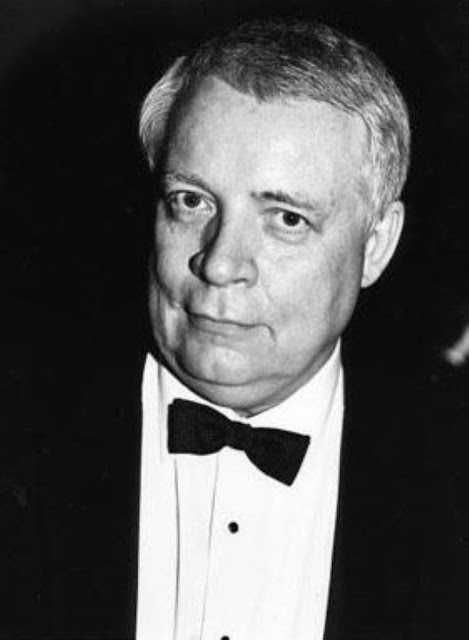A slow wind was rolling over the dusty plateau where the spaceship was being fueled, and Frank Simpson, waiting in his flight coveralls, drew his nictitating membranes across his stinging eyes. He continued to stare abstractedly at the gleaming, just-completed hull.
Overhead, Castle's cold sun glowed wanly down through the ice-crystal clouds. A line of men stretched from the block-and-tackle hoist at the plateau's edge to the exposed fuel racks at the base of the riveted hull. As each naked fuel slug was hauled up from the plain, it passed from hand to hand, from man to man, and so to its place in the ship. A reserve labor pool stood quietly to one side. As a man faltered in the working line, a reserve stepped into his place. Sick, dying men staggered to a place set aside for them, out of the work's way, and slumped down there, waiting. Some of them had been handling the fuel since it came out of the processing pile, three hundred miles across the plains in a straight line, nearer five hundred by wagon track. Simpson did not wonder they were dying, nor paid them any
attention. His job was the ship, and he'd be at it soon.
He wiped at the film of dirt settling on his cheeks, digging it out of the serrations in his hide with a horny forefingernail. Looking at the ship, he found himself feeling nothing new. He was neither impressed with its size, pleased by the innate grace of its design, nor excited by anticipation of its goal. He felt nothing but the old, old driving urgency to get aboard, lock the locks, throw the switches, fire the engines, and go--go! From birth, probably, from first intelligent self- awareness certainly, that drive had loomed over everything else like a demon just behind his back. Everyone of these men on this plateau felt the same thing. Only Simpson was going, but he felt no triumph in it.
He turned his back on a particularly vicious puff of dust and found himself looking in the direction of Castle town, far over the horizon on the other side of the great plains that ended at the foot of this plateau.
Castle town was his birthplace. He thought to himself, with sardonic logic, that he could hardly have had any other. Where else on Castle did anyone live but in Castle town? He remembered his family's den with no special sentimental affection. But, standing here in the thin cold, bedeviled by dust, he appreciated it in memory. It was a snug, comfortable place to be, with the rich, moist smell of the earth surrounding him. There was a ramp up to the surface, and at the ramp's head were the few square yards of ground hard-packed by the weight of generations of his family Iying ecstatically in the infrequently warm sun.


